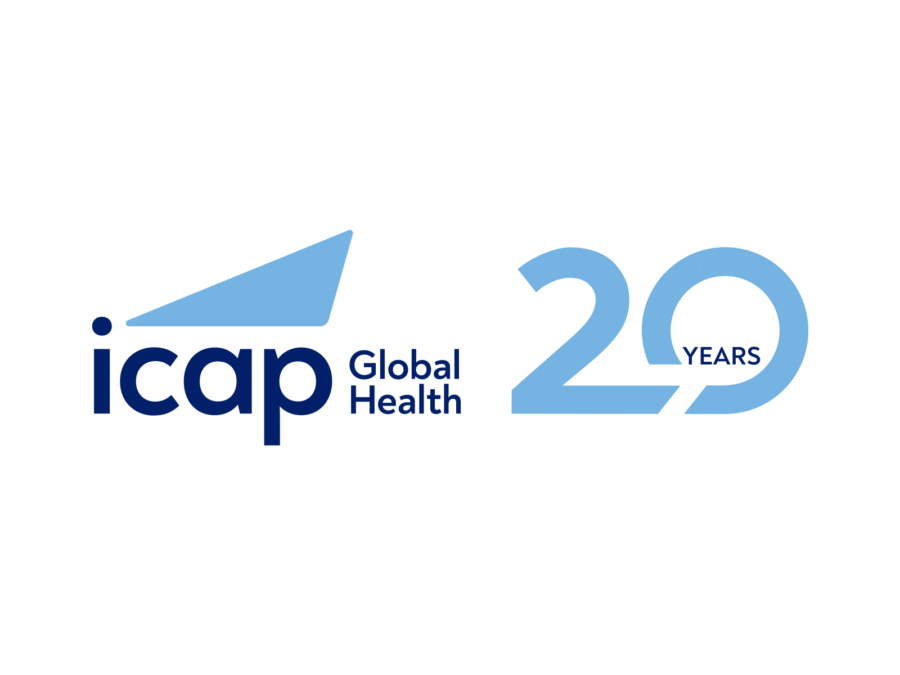ICAP launched its HIV Coverage, Quality, and Impact Network (CQUIN) with a three-day gathering held March 26-28 in Durban, South Africa. Nearly 60 participants from nine countries assembled to launch the new learning network, which aims to advance the implementation of differentiated care for people living with HIV in sub-Saharan Africa.
At the opening session, ICAP Director Dr. Wafaa El-Sadr addressed representatives from ministries of health, donor agencies, civil society, and non-governmental organizations. She began by reflecting on the remarkable progress of scaling up HIV care and treatment over the last 15 years. Heartened by the many accomplishments, but noting a need for continued progress to reach the UNAIDS 90-90-90 targets, Dr. El-Sadr highlighted the potential for differentiated care to improve the coverage, quality, and impact of HIV programs. “We have a room full of believers who are adopting differentiated service delivery models,” she said. “Taking this approach to scale will require adoption, implementation, scale-up, and evaluation.”
Over the course of the next two days, representatives from the first six CQUIN member countries—Kenya, Malawi, Mozambique, Swaziland, Zambia, and Zimbabwe—provided an overview of the state of differentiated care in their respective countries. Implementing partners had in-depth discussions about differentiated care innovations and emerging implementation challenges. In breakout groups, participants shared experiences and thought about ways to scale up differentiated services.
Participants identified eight communities of practice focusing on topics such as differentiated care for unstable patients, men, adolescents and young people, patients with both HIV and non-communicable diseases, and key populations. Monitoring and evaluation of differentiated care—“differentiated M&E”—was also discussed at length. Participants had the opportunity to brainstorm about key research priorities, and country teams used ICAP’s Differentiated Care Dashboard to conduct self-assessments to determine where they currently fall on the spectrum of differentiated care scale-up.
“It’s great to see so much energy and enthusiasm in the CQUIN working groups,” said Dr. Miriam Rabkin, principal investigator of the CQUIN project—noting that the project’s goal is to foster joint learning and knowledge exchange. Dr. Peter Preko, CQUIN project director, added, “If done right and done together with communities and stakeholders, differentiated service delivery can be a tool to achieve excellence at scale, and improve the health and well-being of the populations we all care about.”







